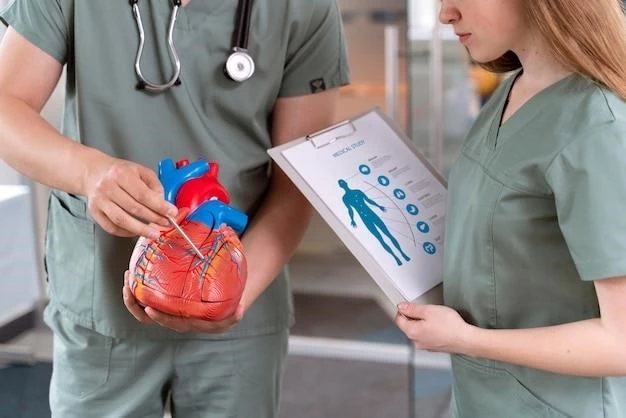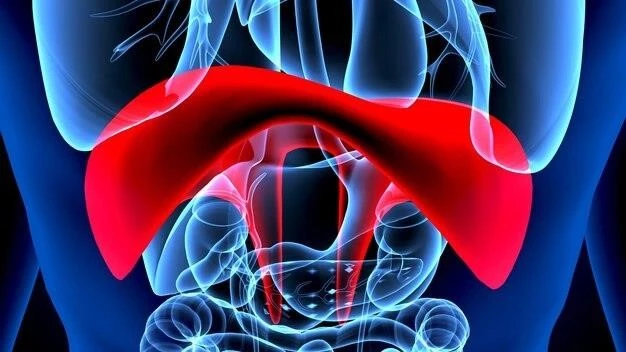Introduction to Superior Mesenteric Artery Syndrome
Introduction to Superior Mesenteric Artery Syndrome
Superior mesenteric artery (SMA) syndrome is a gastro-vascular disorder where the duodenum is compressed, causing various symptoms.
Definition and Overview
Superior mesenteric artery (SMA) syndrome, also known as Wilkie’s syndrome, is a rare gastro-vascular disorder characterized by the compression of the third portion of the duodenum between the abdominal aorta and the superior mesenteric artery. This compression can lead to various symptoms and complications. Understanding the causes, symptoms, diagnosis, treatment options, and management strategies for SMA syndrome is crucial for individuals affected by this condition.

Symptoms of Superior Mesenteric Artery Syndrome
- Epigastric pain
- Nausea
- Vomiting
- Abdominal distension
- Weight loss
- Early satiety
- Postprandial epigastric pain
Common Symptoms
- Epigastric pain
- Nausea
- Vomiting
- Abdominal distension
- Weight loss
- Early satiety
- Postprandial epigastric pain
Less Common Symptoms
Although less common, individuals with superior mesenteric artery syndrome may also experience postprandial emesis, marked weight loss, and a less severe form of abdominal pain compared to intestinal ischemic pain. In some cases, a bruit may be heard in the upper abdomen during a physical exam.
Causes of Superior Mesenteric Artery Syndrome
Superior mesenteric artery syndrome is a rare condition often caused by anatomical factors that lead to the duodenum getting compressed. This can be due to a decrease in the aortomesenteric angle, loss of retroperitoneal fat, or rapid weight loss.
Key Factors Leading to the Syndrome
The compression of the duodenum in superior mesenteric artery syndrome is often triggered by decreased aortomesenteric angle, weight loss, or loss of retroperitoneal fat. These factors can contribute to the constriction of the duodenum and subsequent symptoms.
Diagnosis of Superior Mesenteric Artery Syndrome
Diagnostic procedures for superior mesenteric artery syndrome often involve imaging tests like barium studies, CT scans, MRIs, and endoscopy to assess the compression of the duodenum and identify potential blockages.
Diagnostic Procedures
Diagnosing superior mesenteric artery syndrome typically involves various imaging tests such as barium studies, CT scans, MRIs, and endoscopy. These procedures help visualize the compression of the duodenum caused by the anatomical factors associated with the syndrome.
Treatment Options for Superior Mesenteric Artery Syndrome
Medical intervention and surgical approaches are common treatment options for superior mesenteric artery syndrome. Patients should work closely with healthcare providers to determine the most suitable treatment plan based on their individual case.
Medical Intervention
Medical intervention for superior mesenteric artery syndrome may involve nutritional support, postural changes, medications to manage symptoms like nausea and stomach pain, and interventions to address any underlying conditions contributing to the duodenal compression.
Surgical Approaches
In cases where conservative measures are unsuccessful, surgical interventions such as duodenojejunostomy, Strong’s procedure, or laparoscopic duodenojejunostomy may be considered to alleviate the duodenal compression in superior mesenteric artery syndrome.

Prognosis and Complications of Superior Mesenteric Artery Syndrome
Individuals with superior mesenteric artery syndrome may face various potential outcomes and complications that healthcare providers will closely monitor and address. Understanding the prognosis and possible complications is essential for effective management of the condition.
Potential Outcomes
For individuals with superior mesenteric artery syndrome, potential outcomes may vary. Monitoring for weight loss, nutritional deficiencies, and complications related to the digestive system is essential in managing this condition effectively. It is important to follow up with healthcare providers regularly to address any developing issues and ensure optimal well-being.
Possible Complications
Complications related to superior mesenteric artery syndrome may include severe weight loss, nutritional deficiencies due to impaired food intake, and potential difficulties in maintaining adequate caloric intake. Careful monitoring and prompt intervention are crucial to address and minimize these complications effectively.
Management of Superior Mesenteric Artery Syndrome
Proper management of superior mesenteric artery syndrome involves lifestyle modifications and regular follow-up care with healthcare providers. Individuals should make necessary adjustments to their daily routines and dietary habits to optimize their well-being. It is essential to stay proactive in managing this condition to minimize symptoms and potential complications.
Lifestyle Modifications
Managing superior mesenteric artery syndrome involves incorporating lifestyle modifications such as dietary changes, frequent smaller meals, maintaining an upright posture after eating, avoiding tight clothing, and working with a dietitian to ensure adequate nutrition. Regular physical activity and stress management techniques can also contribute to overall well-being.
Follow-Up Care
Regular follow-up care is essential for individuals with superior mesenteric artery syndrome to monitor their symptoms, assess their nutritional status, and address any emerging concerns promptly. Healthcare providers will work with patients to adjust treatment plans and provide ongoing support to manage this condition effectively.
Coping Strategies for Individuals with Superior Mesenteric Artery Syndrome
Individuals with superior mesenteric artery syndrome can benefit from emotional support and access to community resources. It is important to seek help from loved ones and relevant organizations to navigate the challenges associated with this condition effectively.
Emotional Support
Seeking emotional support from friends, family, or support groups can help individuals cope with the challenges of superior mesenteric artery syndrome. Sharing experiences and emotions with others facing similar situations can provide comfort and encouragement during difficult times.
Community Resources
Accessing community resources can provide valuable support for individuals coping with superior mesenteric artery syndrome. Local support groups, online forums, and patient advocacy organizations can offer information, guidance, and a sense of community for those navigating this condition. Connecting with others facing similar challenges can help individuals feel less isolated and more empowered in managing their health.
